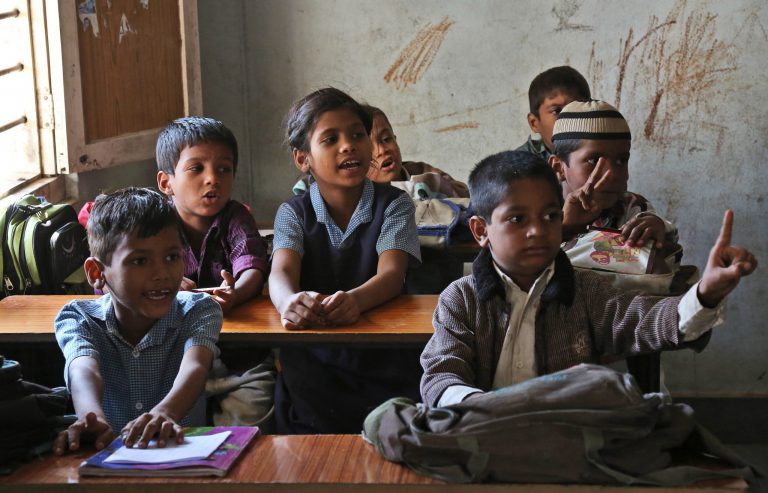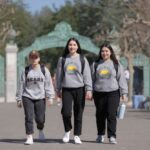
The World Education Forum, which kicked off today in South Korea, has the potential to redraw the global education map and shape international education for at least the next decade.
More than 1,500 leaders and education experts from more than 160 countries have gathered in Incheon, near Seoul, to hammer out new education goals for the next 15 years. These goals will be part of the Sustainable Development Goals that will be adopted by the United Nations at its General Assembly in September, replacing the previous Millennium Development Goals that were set in 2000.
According to Julia Gillard, former Prime Minister of Australia and chair of the board of the Global Partnership for Education, the new goals “will lay the foundations for achieving an ambitious vision for education – and for humanity over the next 15 years – one in which all children, regardless of circumstance, will realise their fundamental right to learn.”
The essential goal, Gillard wrote in the Guardian, is: “Ensure inclusive and equitable quality education and promote life-long learning opportunities for all.”
Though it sounds simple, it is far more expansive than its Millennium Development predecessor, which was aimed almost exclusively at expanding access to primary education, without taking into account early childhood, secondary or adult education.
Achievable education goals – and strategies for how to fund them – will be especially crucial for developing countries, many of which have growing young populations but lack the resources to ensure quality education, or even access to any education, for all children.
Research has repeatedly shown a persistent gap in achievement between students in industrialized and developing countries, and further funding for quality education in developing nations is vital for attempting to close this gap.
The discussions in Korea are set to focus on five broad and important themes:
- Right to education: ensuring equitable and inclusive quality education for all
- Equity in education: increasing access to quality education for women and girls
- Inclusive education: adapts to the learner’s needs and is both relevant to and respectful of their society and culture
- Quality education: learning from trained professional teachers is a right for all
- Lifelong learning: every individual at every stage of life should have opportunities to continue learning
In conjunction with the forum, the World Bank has pledged to invest US$5 billion in public education over the next five years, effectively doubling its spending through the previous five years and making a point to target improving the quality of education rather than just enrolment numbers. The bank said this renewed investment was part of an effort to reach more than 120 million children who are out of school and an additional 250 million who do attend school but cannot read or write.
According to World Bank President Dr. Jim Yong Kim, the international financial entity planned to implement a results-based financing system, through which countries would only receive funds if they met established performance targets.
“The truth is that most education systems are not serving the poorest children well,” Kim said in a statement. “With nearly a billion people remaining trapped in extreme poverty today, sustained efforts to improve learning for children will unlock huge amounts of human potential for years to come.”
Many more developments and announcements are sure to come out of the forum over the next three days, as countries across the globe and the economic spectrum attempt to find common ground on a universal issue.







